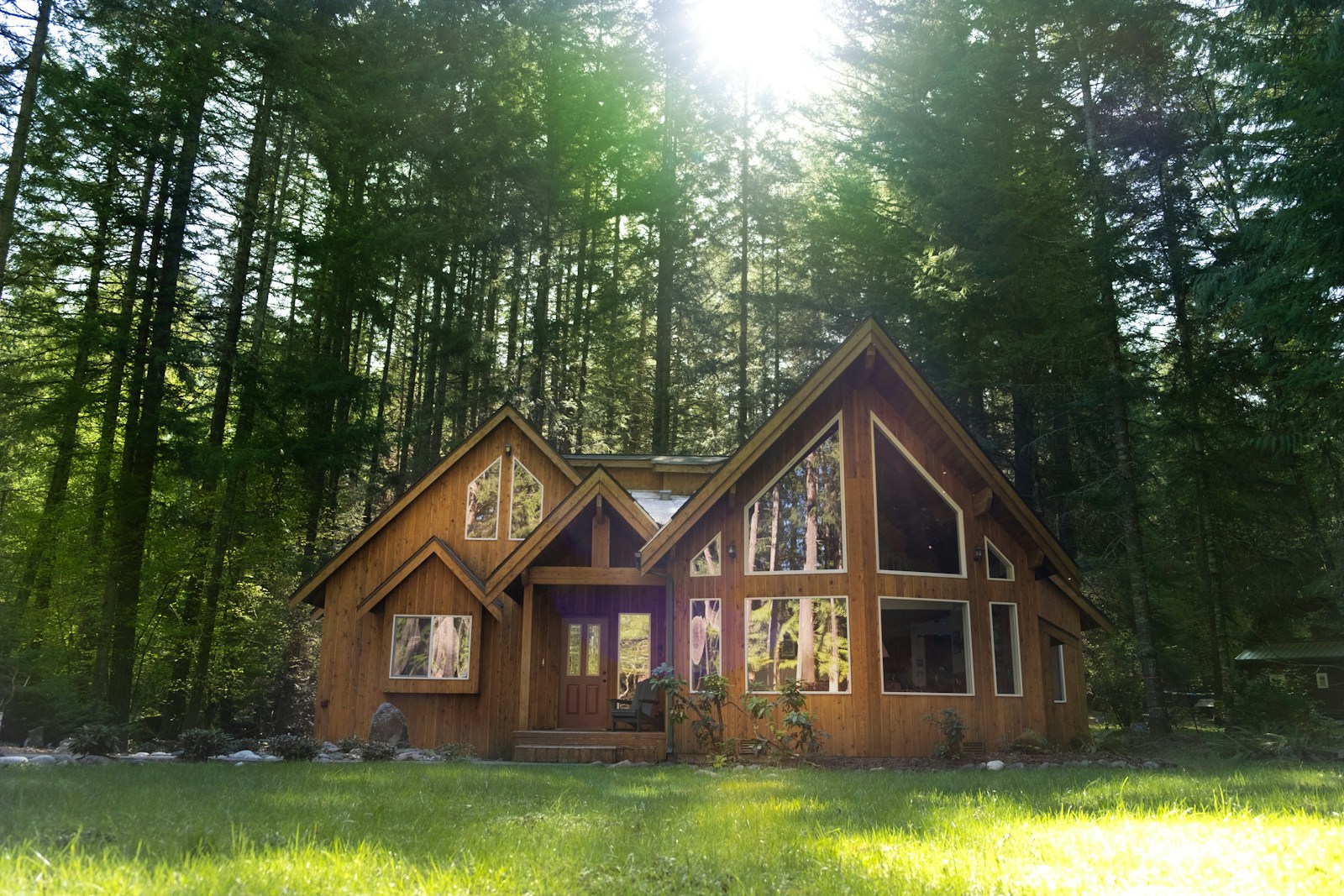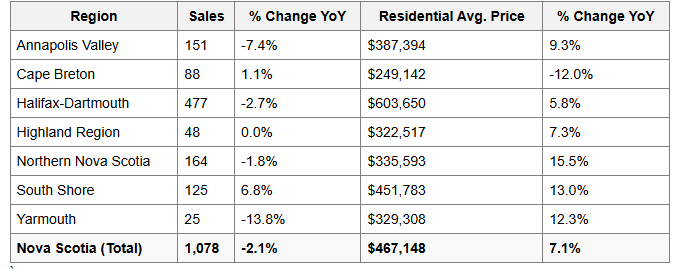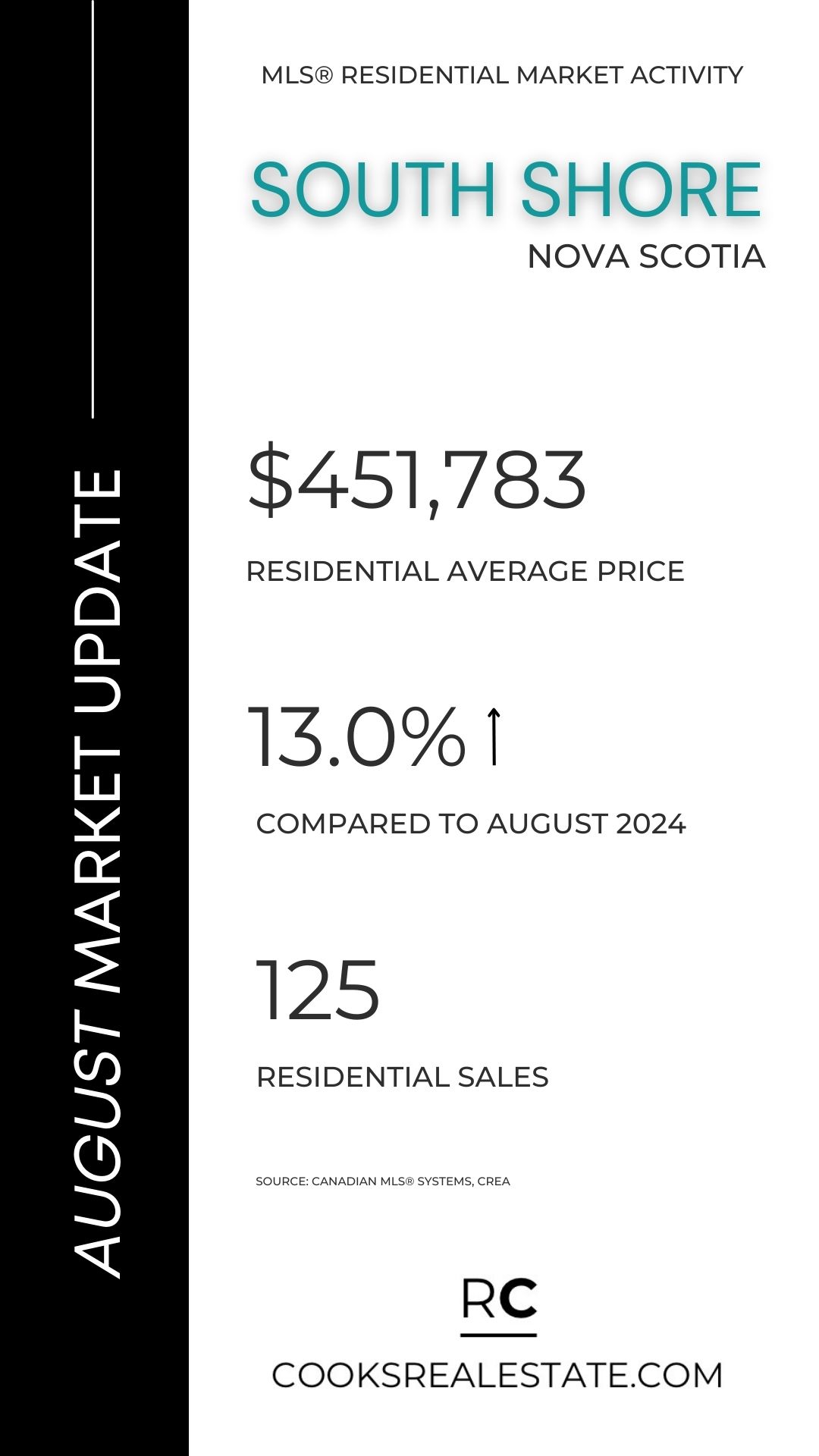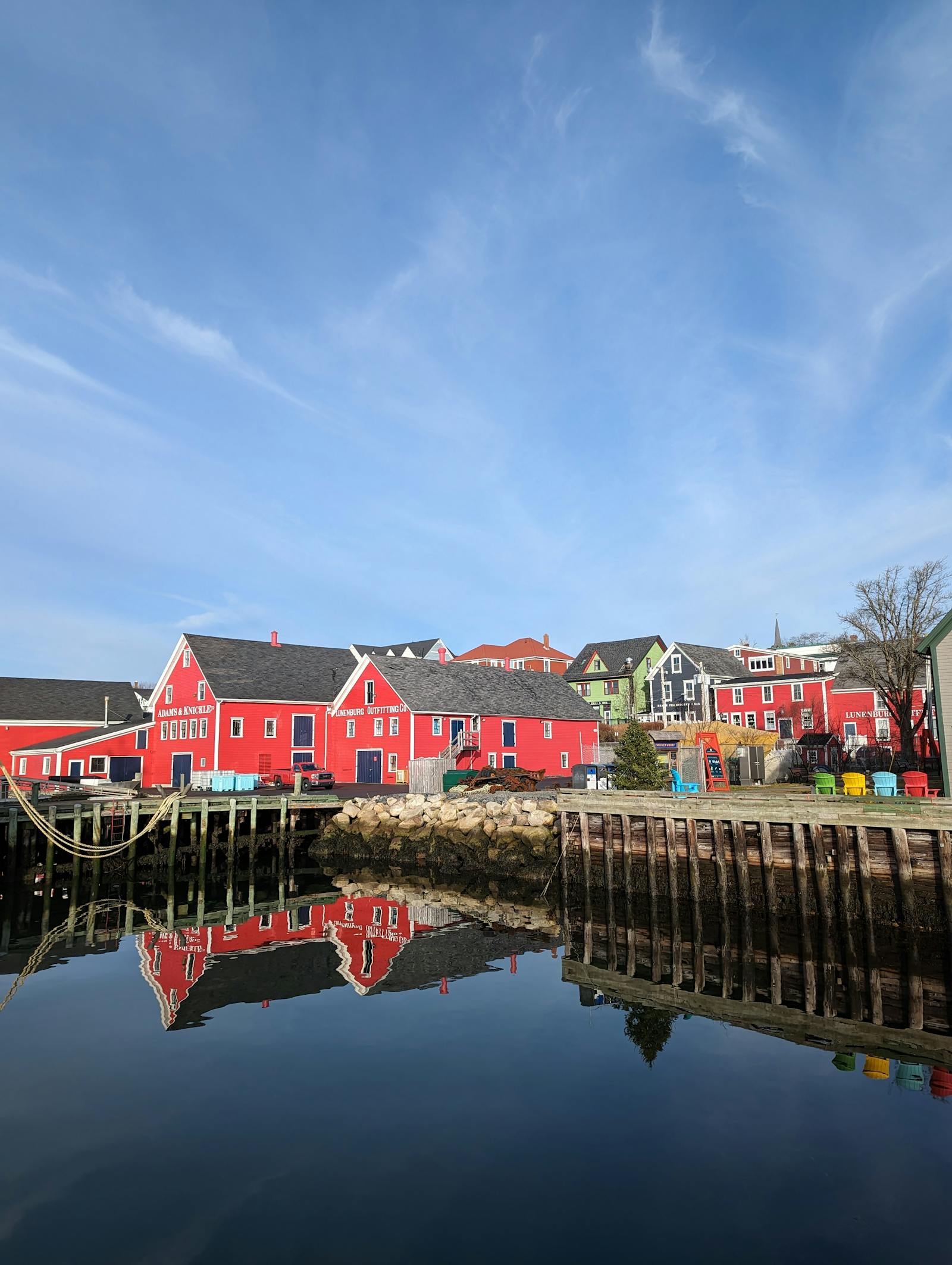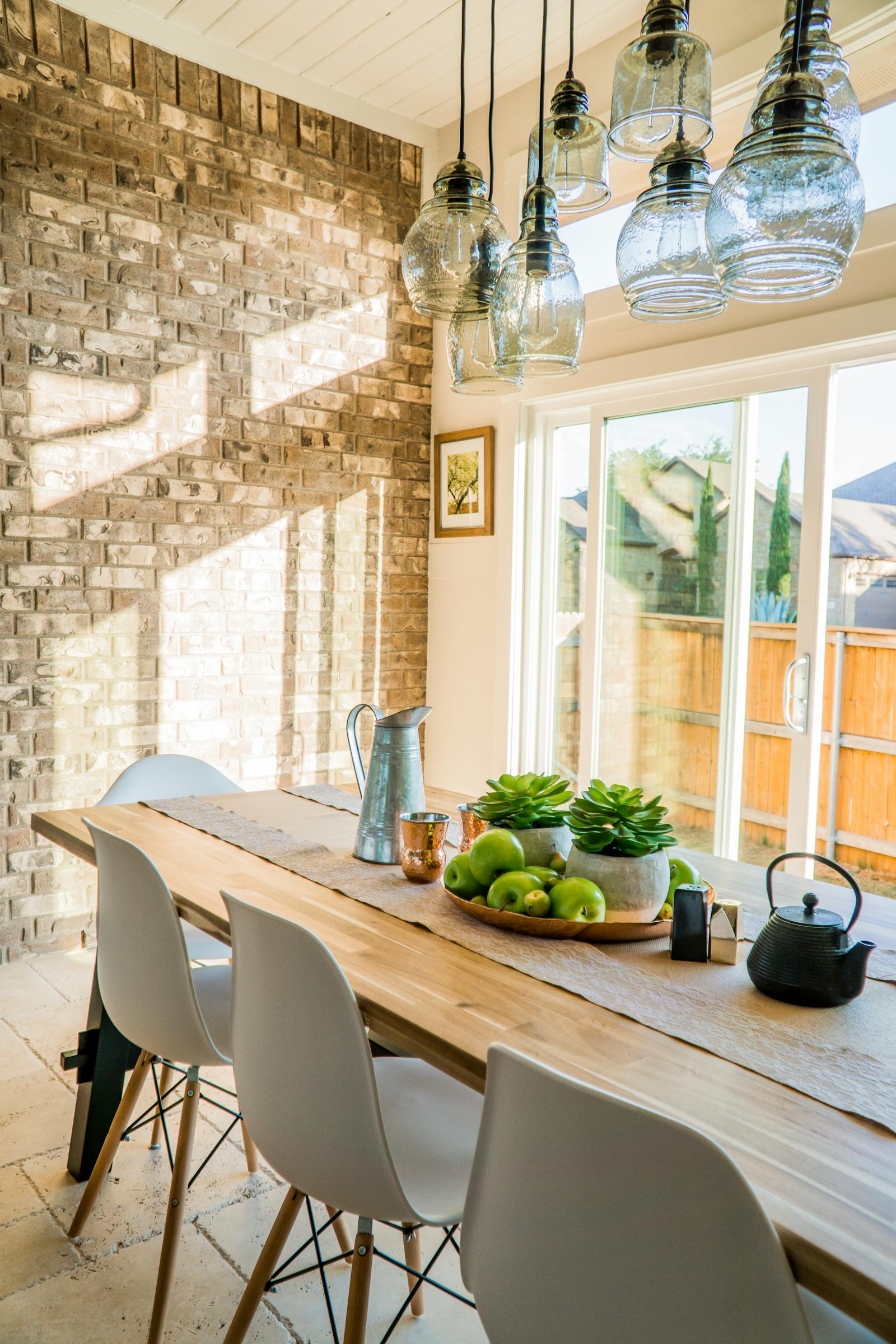As the vibrant colors of autumn sweep across the South Shore of Nova Scotia, the real estate market enters one of its most strategic and often overlooked seasons. While spring and summer may get all the attention, savvy buyers and sellers know that September and the fall months offer unique advantages for navigating the local property market.
Whether you’re a first-time buyer, upgrading your family home, or thinking about listing your property before winter, this season presents a sweet spot to make your move — with less competition, motivated buyers and sellers, and the natural beauty of our coastal communities showcasing homes at their best.
In this blog, we'll explore why September is an ideal time to engage in real estate on the South Shore, share current market trends for 2025, offer expert tips for buyers and sellers, highlight top communities to watch, and answer your most frequently asked questions.
🍁 Why Fall is a Hidden Gem for Real Estate on the South Shore
Most people picture real estate activity peaking in spring and early summer. However, fall, especially September, offers a host of benefits that can translate into better deals and smoother transactions:
1. Only Serious Buyers and Sellers Are in the Market
By fall, casual browsers and “tire-kickers” have largely dropped out. Buyers still searching for homes are typically motivated and ready to act — whether it’s due to job changes, school calendars, or a desire to close before the holidays. Likewise, sellers listing in September tend to be serious about making a sale.
This means you’re engaging with committed market participants, which often results in faster and less stressful transactions.
2. Less Competition, More Negotiating Power
With the summer rush over, inventory often tightens, and fewer buyers means less bidding wars. Sellers can stand out in a less crowded market, while buyers have more leverage to negotiate favorable terms.
It’s a win-win season to strike a deal where both sides have real bargaining power — a dynamic not as common during the busy spring months.
3. The South Shore’s Natural Beauty Is at Its Peak
Autumn brings crisp air, colorful foliage, and cozy vibes that can enhance a home’s appeal effortlessly.
Outdoor spaces look inviting with fallen leaves and golden light.
Interiors feel warm and welcoming with seasonal décor.
The peaceful atmosphere allows buyers to imagine themselves living in the community year-round.
📊 2025 Market Trends for the South Shore Real Estate in September
The real estate market here on the South Shore has shown resilience and steady demand in 2025. Here are key trends to watch this fall:
➤ Demand for Year-Round Homes Is Strong
Communities like Chester, Lunenburg, Mahone Bay, and Bridgewater remain popular, particularly among buyers seeking homes with good winterization and community amenities.
➤ Increased Interest from Urban Centers
Buyers from Halifax and Ontario continue to look for coastal properties to either relocate permanently or use as vacation homes with rental potential. Remote work opportunities have fueled this trend.
➤ Inventory Is Limited but Manageable
While inventory remains relatively low — which benefits sellers — there are still excellent opportunities for buyers willing to act quickly or consider homes off the usual online listings. Partnering with a local realtor gives you access to these hidden gems.
➤ Mortgage Rates Are Front and Center
With talks of possible interest rate increases in late fall or early winter, many buyers are eager to lock in mortgage rates in September and October, making this window critical.
🛠️ Seller Tips: How to Prepare for a Fall Listing on the South Shore
If you’re considering listing your property this fall, preparation tailored to the season can make all the difference:
1. Stage Your Home for Cozy Comfort
Use warm colors, soft lighting, and seasonal touches like throw blankets and fall-scented candles to create a welcoming atmosphere that appeals to buyers.
2. Clean and Maintain Exterior Spaces
Make sure gutters are cleared, leaves raked, and walkways tidy. A well-kept exterior sets a positive first impression.
3. Schedule Professional Photos Before the Leaves Fall
Beautiful fall foliage can make your property photos stand out. Try to get your photos taken early in the season to capture the best light and colors.
4. Price Competitively Based on Local Comparables
Use up-to-date market data from your community to set a price that attracts attention while maximizing value.
💡 Buyer Tips: How to Win in the Fall Market on the South Shore
Fall buyers have an advantage if they prepare well and understand the season’s nuances:
1. Get Mortgage Pre-Approval Early
Pre-approval signals seriousness to sellers and helps you move quickly when you find the right property.
2. Consider Year-Round Potential of Cottages and Vacation Homes
Many properties marketed as summer cottages can be upgraded to comfortable year-round residences with insulation and heating improvements.
3. Inspect for Winter Readiness
When viewing homes, check for effective heating systems, insulation, and reliable year-round road access.
4. Work with a Local Realtor
Local experts know off-market listings and seasonal market dynamics that big platforms don’t show. This insight can save you time and money.
📍 Communities to Watch This Fall on the South Shore
Chester
A luxury and cottage market hub with year-round appeal. Known for its marina, vibrant arts scene, and excellent dining options.
Mahone Bay
Popular among families and commuters to Halifax. The town offers a mix of historic charm and modern amenities with great schools and community events.
Lunenburg
Famous for its UNESCO World Heritage status, growing business scene, and creative community — attracting artists and entrepreneurs alike.
Bridgewater
The largest town on the South Shore, offering affordability and services ideal for families and investors. Strong rental demand makes it attractive for income properties.
❓ Frequently Asked Questions (FAQs)
Q1: Is fall a good time to buy real estate on the South Shore?
A: Absolutely. Fall often offers less competition, motivated sellers, and beautiful settings for home shopping. It’s an excellent season to find a deal and close before winter.
Q2: Are home prices lower in fall compared to spring?
A: Prices don’t necessarily drop in fall, but buyers usually face less competition, which can create negotiating opportunities. Sellers may also be more motivated to close before the holidays.
Q3: What should buyers look for when buying in fall?
A: Focus on winterizing features such as insulation quality, heating systems, roof condition, and access during snowy months.
Q4: How long does it take to close on a property bought in September?
A: Typical closing times are 30 to 60 days, which usually allows buyers to complete purchases before winter weather sets in.
Q5: Which South Shore town is best for investment in 2025?
A: It depends on your goals:
For luxury and appreciation: Chester or Lunenburg
For affordability and rental income: Bridgewater
For lifestyle and community feel: Mahone Bay
🌊 Ready to Take Advantage of the Fall Market?
Whether you’re buying your dream coastal home or preparing to sell, fall 2025 on the South Shore offers a window of opportunity that shouldn’t be missed.
As a local realtor deeply rooted in the community, I’m here to help you navigate this market confidently — with exclusive listings, expert advice, and personalized service.
📞 Let’s Talk About Your Real Estate Goals This Fall
👉 Schedule your free consultation today
Let’s make this fall your most successful real estate season yet!
.png)
.png)

